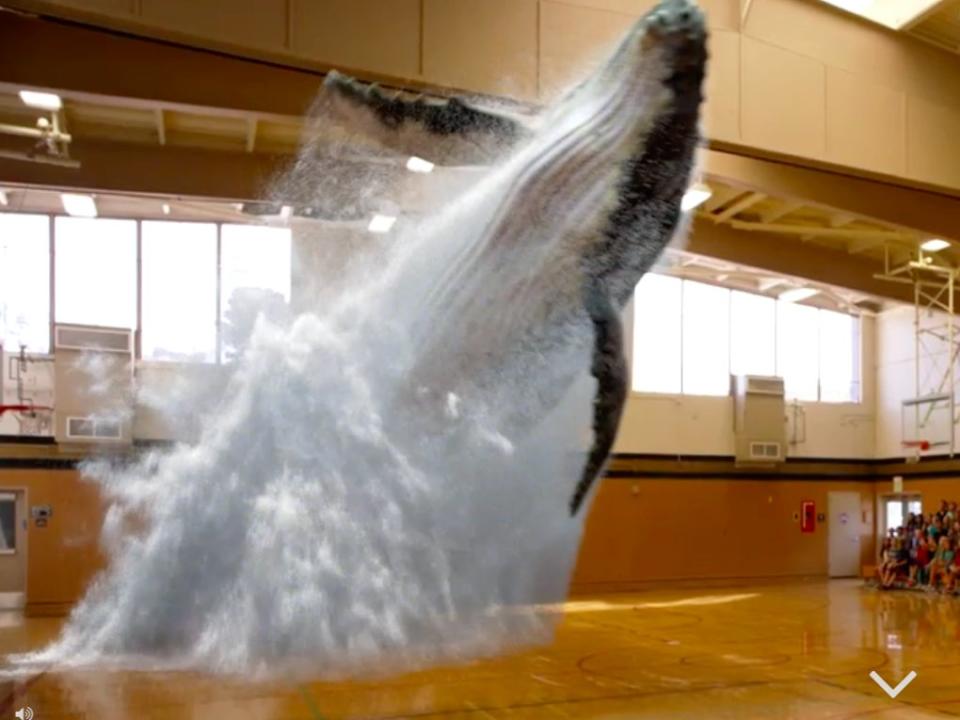Google is reportedly working on a virtual reality headset that doesn’t need a smartphone or computer

Magic Leap
A still from Magic Leap’s demo video.
Google is reportedly working on a virtual reality headset that doesn’t need a smartphone, PC, or games console to function, according to The Wall Street Journal.
The report is light on details besides the existence of the project, which the WSJ says would take on Oculus, HTC, and Sony directly.
Google is also reportedly working on an updated version of its $20 (£20) Cardboard headset. The new version would include its own computer chips, making it more powerful, according to the report.
Oculus is another company working on virtual reality. The Rift, its first product, costs $599 (£420) and requires a powerful computer to work. Oculus will sell a bundle (Rift + PC) that costs around $1,399 (£960).
HTC, Sony, and Samsung have all released, or are working on, a virtual reality headset that works with a smartphone. Samsung has partnered with Oculus to make the Gear VR, which costs $329 (£225).
Google has shipped around 5 million Cardboard headsets, according to the WSJ, and the company is now investigating where to take the technology next.
Microsoft, and others like Magic Leap, are working on “mixed reality” headsets that “mix” computer graphics and the real world. The HoloLens headset will place Windows applications, such as Netflix, onto a wall, for example.
NOW WATCH: Hidden Facebook tricks you need to know
The post Google is reportedly working on a virtual reality headset that doesn’t need a smartphone or computer appeared first on Business Insider.

 Yahoo Finance
Yahoo Finance 
